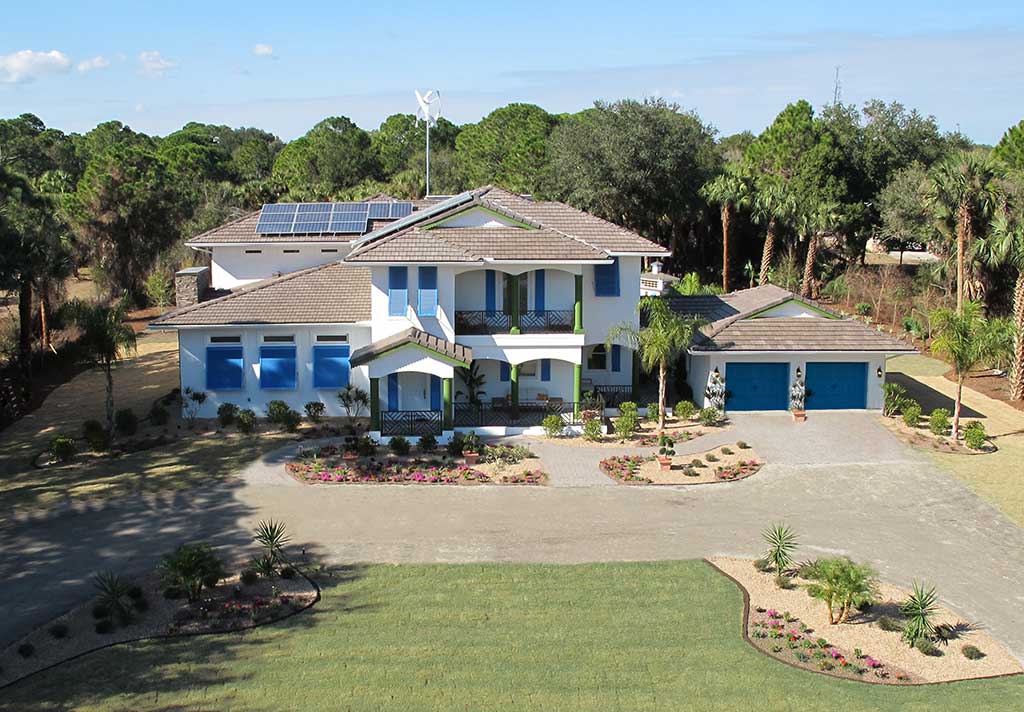Many Zimbabweans switch to solar power
SOLAR installations are gaining momentum in Zimbabwe, with 30 percent of the households now using off-grid electricity, according to a preliminary report on housing characteristics and living conditions in the 2022 Population and Housing Census report.
The total number of people using off-grid power stood at about 1,1 million, almost a third of the households in Zimbabwe, with 78,7 percent in rural areas, the report shows.
Thirty-four percent of the households use grid electricity while 38 percent do not have access to power at all.
Mashonaland East Province had the highest number of households using off-grid grid electricity, followed by Masvingo, Manicaland, Midlands, and Mashonaland West Provinces.
Analysts say the failure by ZESA to invest in grid extension infrastructure and generation expansion has led to people, especially in the rural areas investing in off-grid power, particularly solar.
In addition, ZESA, the country’s power utility is also failing to connect new customers due to viability challenges, forcing people to install household solar systems.
In fact, several new urban communities are not connected and many households have resorted to solar systems for heating and lighting.
Off-grid electricity service provision – initially for residential customers beyond the grid through the pay-as-you-go business model – is becoming an enabling mechanism for a host of other goods and services that customers are willing to pay for, most of which require basic electricity service,” according to the Wood Mackenzie study.
In 2019, the Zimbabwe Electricity Transmission and Distribution Company (ZETDC), a unit of Zesa Holdings introduced the net metering programme, a scheme where households and businesses generating solar energy on their premises can feed excess power into the ZETDC network through a grid-tied inverter.
Any existing customer with a grid-tied solar system up to their rated power from the ZETDC qualifies for net metering and can apply to connect to the grid. Under the arrangement, the excess generation is measured and credit units allocated to the generating customer rather than being fortified. The credited units will assist in keeping the customer in the lower tariff band, thus reducing monthly bills. This enables Zesa to be less dependent on importing energy thus spending less foreign currency.
Energy and Power Development Minister Eng Gloria Magombo said recently there was a steady increase in applications for net metering.-ebusinessweekly








